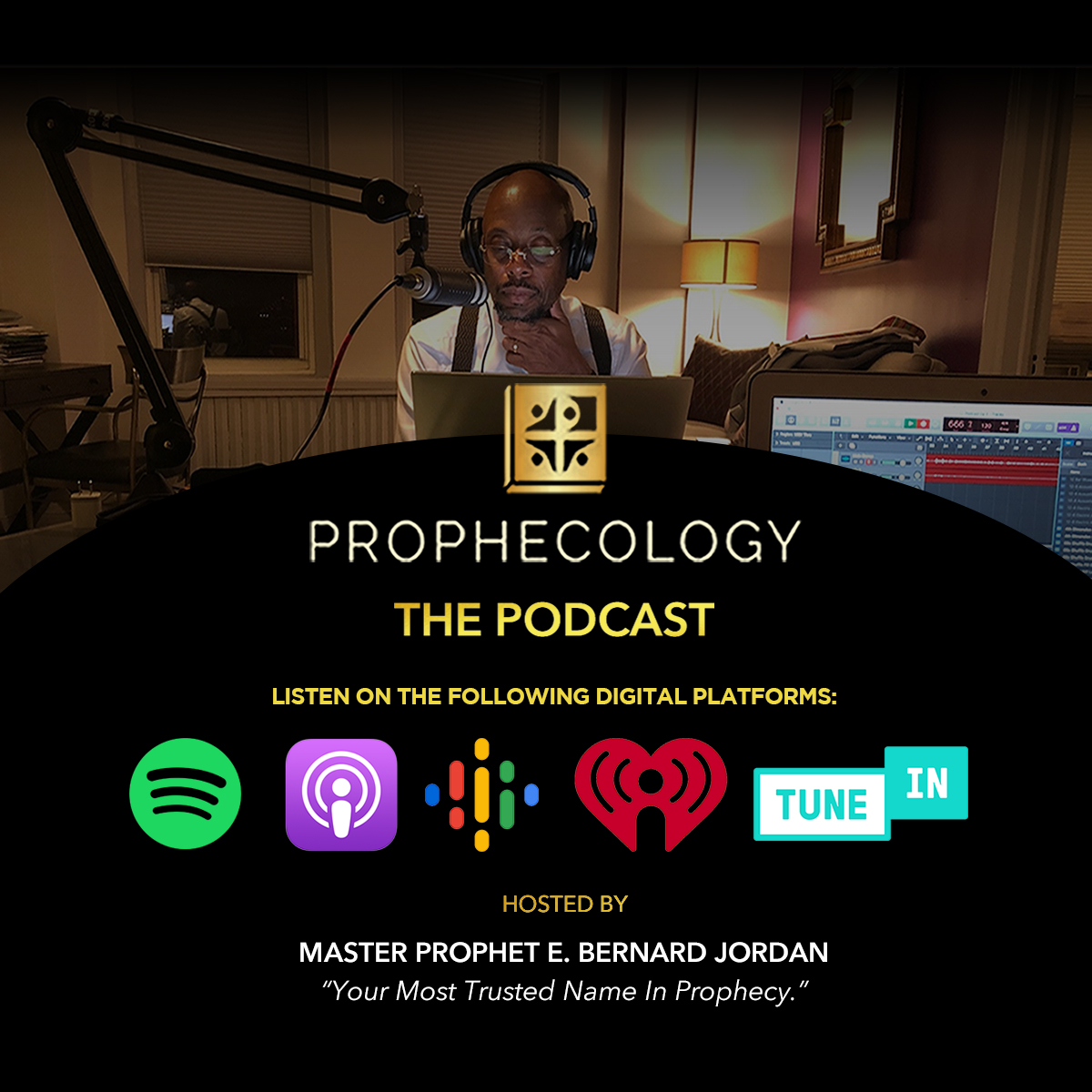JOB THE LONG-SUFFERING
December 3, 2017 2023-04-05 19:11JOB THE LONG-SUFFERING
JOB THE LONG-SUFFERING
Would modern Christians still consider themselves to be #blessed without their valuable possessions? If God struck dead their family, tore down their home and car, and inflicted them with diseases, would their love and unwavering loyalty to God remain steadfast? Or, God forbid, are our love and faith in God strictly dependent on our material wealth?
Job the long-suffering is one of the three men God listed as the most righteous in history, the others being Noah and Daniel (Ez. 14:4). Like many Christians today, Job lived a lavish lifestyle and was an extremely wealthy and affluent man for his time. He possessed seven sons and three daughters, and owned seven thousand sheep, three thousand camels, five hundred yoke of oxen, five hundred donkeys, and a multitude of servants, and is described as “the greatest of all the people of the east,” (Job 1:2-3 NRSV). Yet even with all of his possessions, he was “blameless and upright, one who feared God and turned away from evil,” (1:1).
Job was materially wealthy and successful not because of his pursuit for such things; it was because of his dedication to God and to the pursuit of holiness. Job focused on God, and God rewarded him in return. His pious soul is exemplified in his offering of burnt offerings for his children whenever they would hold feasts. He did so out of concern that perhaps his children had sinned and cursed God in their hearts (1:4-5). His nature was that of love, not of greed or covetousness.
An unforeseen series of catastrophic events then unfolded in the heavens. Satan questioned Job’s faith on the grounds of his wealth. The Lord, however, vouched for Job, saying that, “There is no one like him on the earth, a blameless and upright man who fears God and turns away from evil,” (1:8). God clearly understood the nature of Job’s heart, and was aware that it sought after salvation and holiness rather than wealth and greed. When Satan questioned this nature of Job’s soul, God permitted Satan to take away all that Job had, including his children, his livestock, and his health.
When Job heard about the theft of his cattle, the death of his servants, and the death of his children, Job’s faith and love for God did not waver. Instead of speculating on why God was not doing anything to deliver him from his woes, Job simply “fell on the ground and worshiped. He said, ‘Naked I came from my mother’s womb, and naked shall I return there; the Lord gave, and the Lord has taken away; blessed be the name of the Lord.’ In all this Job did not sin or charge God with wrongdoing” (1:20).
Relative to this, who among us would respond to this situation in the way Job did? Job considered what he had thought to be God’s reproof as a positive thing. He also thought that despising the discipline of God was foolish (5:17). The advice of his friend Bildad the Shuhite might echo the response of many modern Christians today: “If you are pure and upright, surely then he will rouse himself for you and restore to you your rightful place,” (8:6). Bildad assumed that Job’s affliction and suffering were signs of God’s judgment on some unknown sin of Job’s. This is similar to the assumption of the 12 apostles who, when they witnessed the blind beggar, asked the Lord, “Who sinned, this man or his parents?” (Jn. 9:1-2), to which Jesus responded, “Neither this man nor his parents sinned: he was born blind so that God’s work might be revealed in him,” (v.3).
Christians should look to the patriarch Job if they wish to combat the evils of materialism. Bad things happen to good people, and good things often happen to bad people. The final judgment of God, then, does not occur during our short lifetimes. Neither should we assume the state of one’s salvation by any lack of corporeal success.
Sign up for the Book of the Month Club and get exclusive access to Archbishop Jordan’s new book Prophet in the Marketplace.
How can you be more like Job today?







